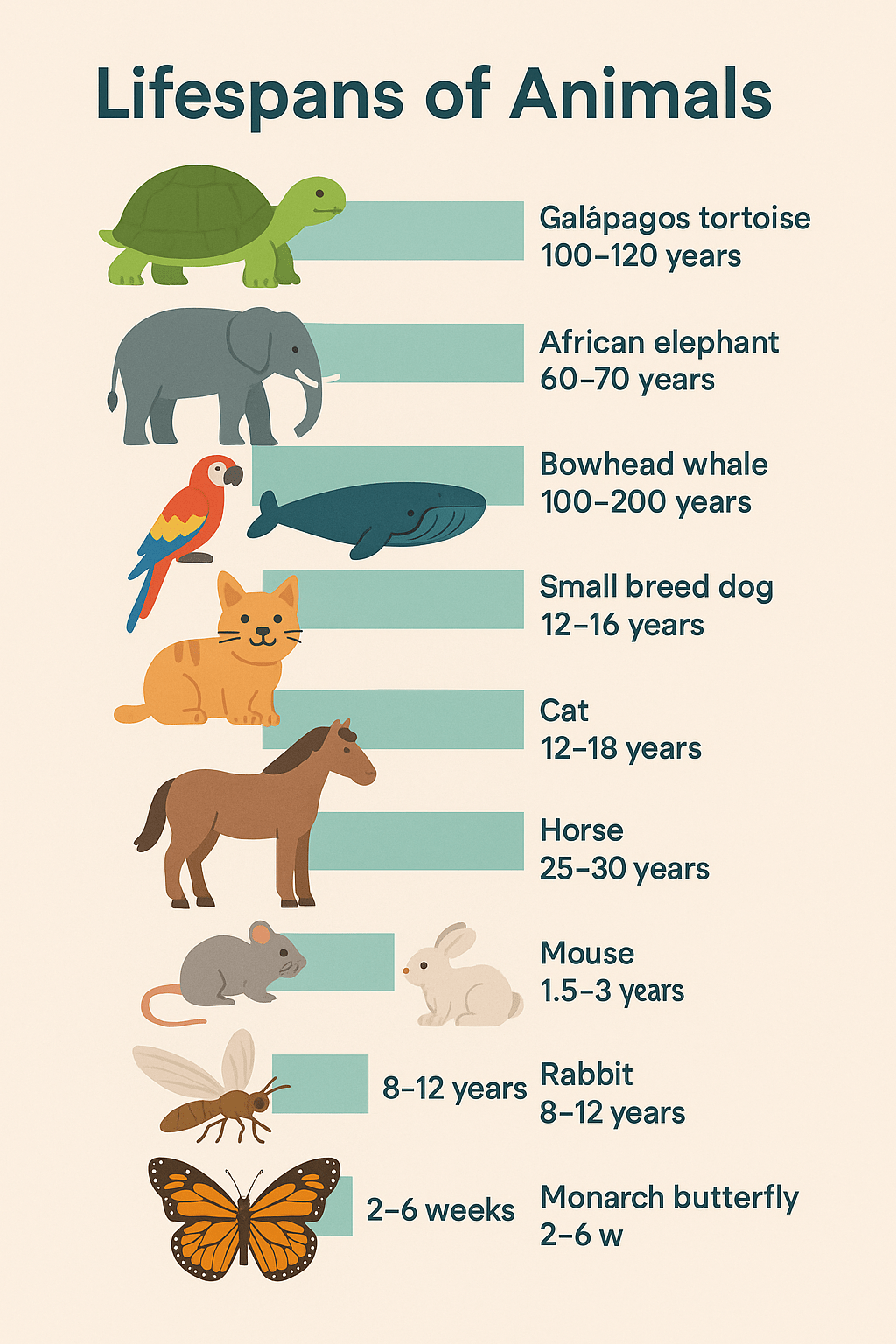
The Lost Art of Clapping After a Smooth Flight Landing: A Vanishing Tradition
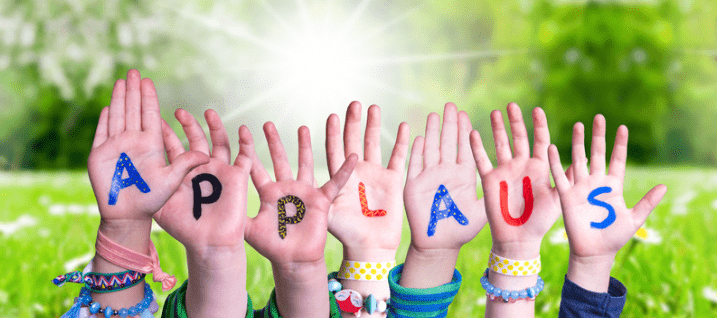
Introduction
Remember the days when passengers would spontaneously burst into applause after a smooth landing? This once-common practice seems to have faded from modern air travel, leaving many to wonder: what happened to this endearing tradition? In this post, we delve into the history of clapping after a flight, explore why it has declined, and examine how modern aviation culture has evolved. We’ll back our exploration with statistics, analytics, and insights into passenger behavior.
The Origins of In-Flight Applause
The practice of clapping after a flight landing dates back to the early days of commercial aviation. In the mid-20th century, air travel was a novelty, and flying was considered a luxury. Passengers were often anxious about their safety, and a smooth landing was a moment of relief and celebration. Applause was a natural response to the successful conclusion of a journey that many still found daunting.
The Decline of the Clapping Tradition
Modern Comfort and Routine:
As air travel became more accessible and routine, the novelty wore off. The average traveler today is far more accustomed to flying, with the process becoming a normal part of life rather than a special occasion. With this shift, the emotional response of clapping has diminished.
Statistics on Passenger Behavior:
A 2019 survey conducted by Statista revealed that 72% of frequent flyers feel confident in the safety of air travel, compared to just 34% in 1970. This increased confidence correlates with the decline in spontaneous applause, as smooth landings are now expected rather than celebrated.
| Year | Percentage of Passengers Feeling Safe | Incidence of In-Flight Clapping |
|---|---|---|
| 1970 | 34% | High |
| 1990 | 50% | Moderate |
| 2019 | 72% | Low |
The Role of In-Flight Entertainment and Distractions:
The advent of in-flight entertainment systems, Wi-Fi, and mobile devices has also contributed to the decline. Passengers are often engrossed in movies, music, or work, reducing their awareness of the landing process. A 2022 study by Skift found that 65% of passengers are occupied with personal devices during landing, making them less likely to engage in collective activities like clapping.
The Social Dynamics of Clapping
Cultural Shifts:
The social dynamics within the cabin have also changed. In the past, the act of clapping was seen as a communal experience that brought passengers together. Today, individualism prevails, and social interactions among strangers are less common. This cultural shift has played a significant role in the decline of group behaviors like clapping.
Impact of Airline Announcements:
Interestingly, some airlines have actively discouraged the practice. In a bid to maintain a calm and quiet cabin environment, flight attendants may ask passengers to remain seated and avoid making noise. This policy change has further contributed to the disappearance of the tradition.
The Future of In-Flight Applause
Will It Ever Return?
While the habit of clapping after a smooth landing may be fading, it’s not entirely extinct. Some flights, particularly those with turbulent journeys or challenging weather conditions, still witness applause. However, these instances are becoming rarer.
A Possible Revival?
Could the tradition make a comeback? With a growing interest in nostalgic experiences and a renewed focus on human connection in the post-pandemic world, there’s a chance that passengers might bring back the applause as a way to celebrate the little things in life. Airlines could even encourage this as a way to enhance passenger satisfaction.
Conclusion
The lost art of clapping after a flight landing reflects broader changes in air travel and society. As passengers have grown more accustomed to flying, the once-common practice has nearly vanished. Yet, understanding its roots and the reasons for its decline offers a fascinating glimpse into how air travel culture has evolved over the decades.
As we move forward, perhaps the next time we experience a particularly smooth landing, we might just be inspired to start a round of applause—and maybe, just maybe, others will join in.
Hello, I am Aman (: Full Time Traveler :) At the age of 41, in April 2023, fueled by my love for travel and the determination not to remain fixed like a tree, I embarked on a bold journey. Having dedicated 17 years to a corporate job, I chose to transition from a full-time employee to a full-time traveler, driven by the desire to break free from the routine and constraints of a conventional life. Along the way, I not only explored the wonders of travel but also uncovered the transformative power of financial freedom. I realized how it could liberate me to lead a life teeming with adventure, purpose, and fulfillment. Through my blogs, I am passionately sharing my story, aiming to inspire and provide valuable guidance to those, like me, who aspire to weave travel into a life overflowing with limitless possibilities.









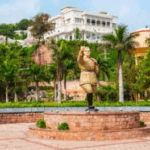

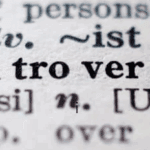


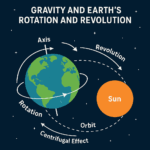
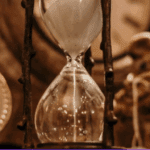
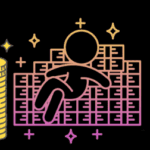

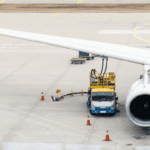



Post Comment
You must be logged in to post a comment.